Sandra interviews Gail Swift to talk about the Kolbe Index, a model that looks at our instinctive modes of operation.
Links and references:
Gail’s Website
Myers-Briggs Basics
Check out my podcast page for episodes broken down by topic.
Enlist Sandra’s services to create a more peaceful dynamic in your family!
Email us at familypersonalitiespod@gmail.com
Follow us on Instagram @FamilyPersonalities
Follow us on Facebook @FamilyPersonalities
Leave us a review on iTunes/Apple Podcasts
Full show notes:
Gail Swift is a Kolbe Consultant who is fiercely committed to guiding students and families to take action in their natural abilities. She can guide you to address how your child solves problems, the questions that motivate them and their ideal career.
Gail grew up with Tourette syndrome and a feeling that her way of being wasn’t accepted at school. When she took the Kolbe Index upon graduating college, she learned for the first time that her natural way of functioning was okay.
Gail explains that The Kolbe Index looks at your natural instinct in how you work and the assessment puts you in a problem solving state and brings out your natural problem solving instincts while you are taking it.
The numbers 1-10 indicate time spent in each of four modes of behavior.
Gail talks Sandra through her Kolbe results.
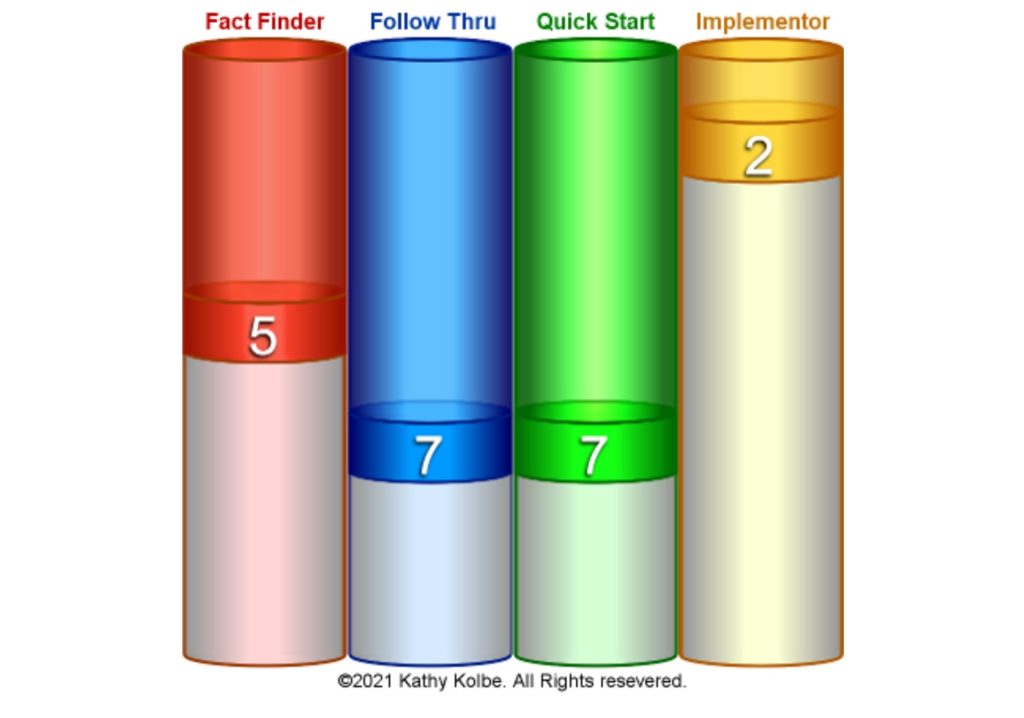
On the Quick Start mode – Sandra scores a 7. Higher numbers on this mode have a higher need for risk and uncertainty.
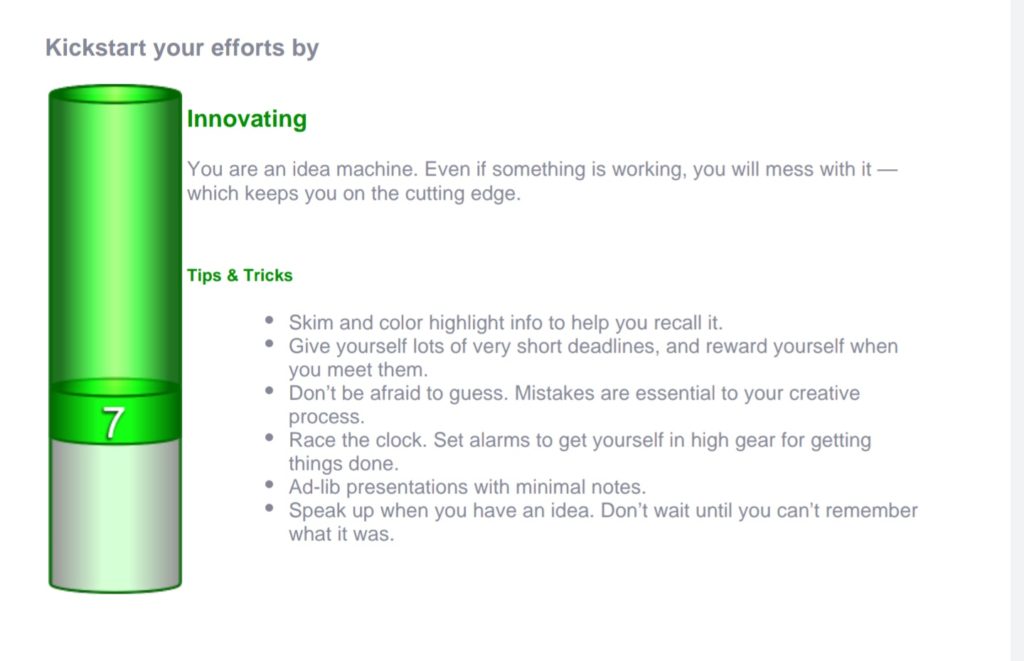
On Follow Through mode – Sandra also scores a 7. Higher numbers on this one have a higher need for structure.
On Fact Finder mode – Sandra scores a 5. People who score middle numbers are a natural bridge between the two sides. Higher numbers on this mode have a higher need for information and details.
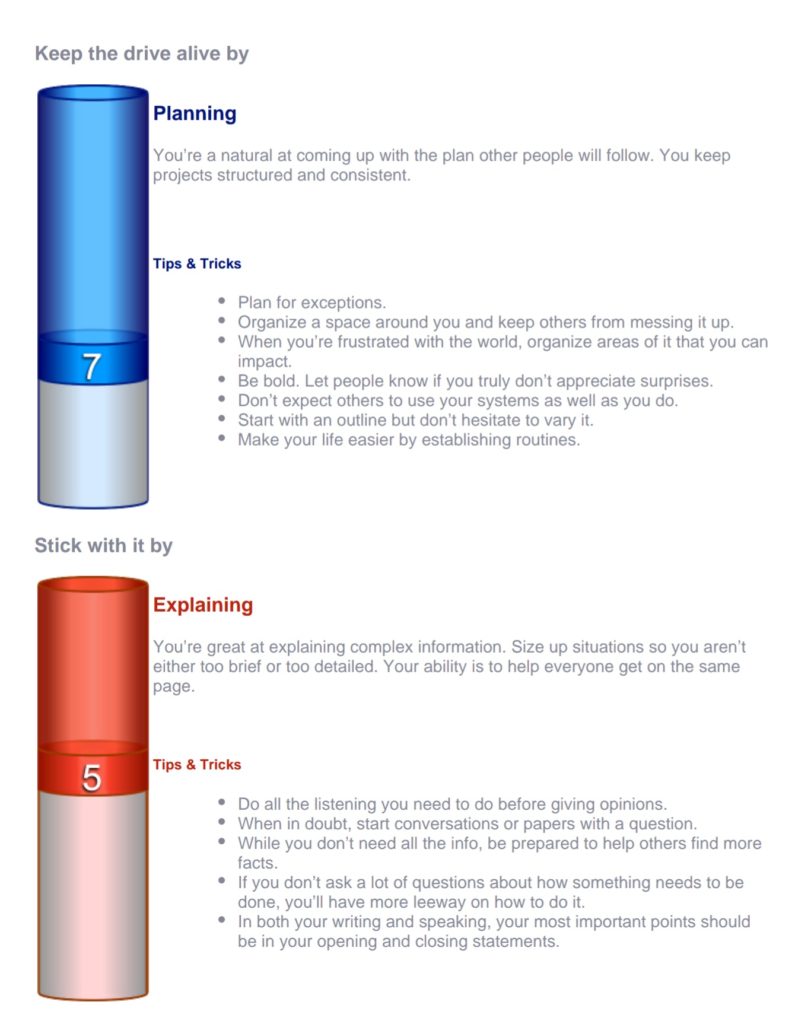
On Implementor mode – Sandra scores a 2. High numbers on this mode have a higher need to get their hands on their environment.
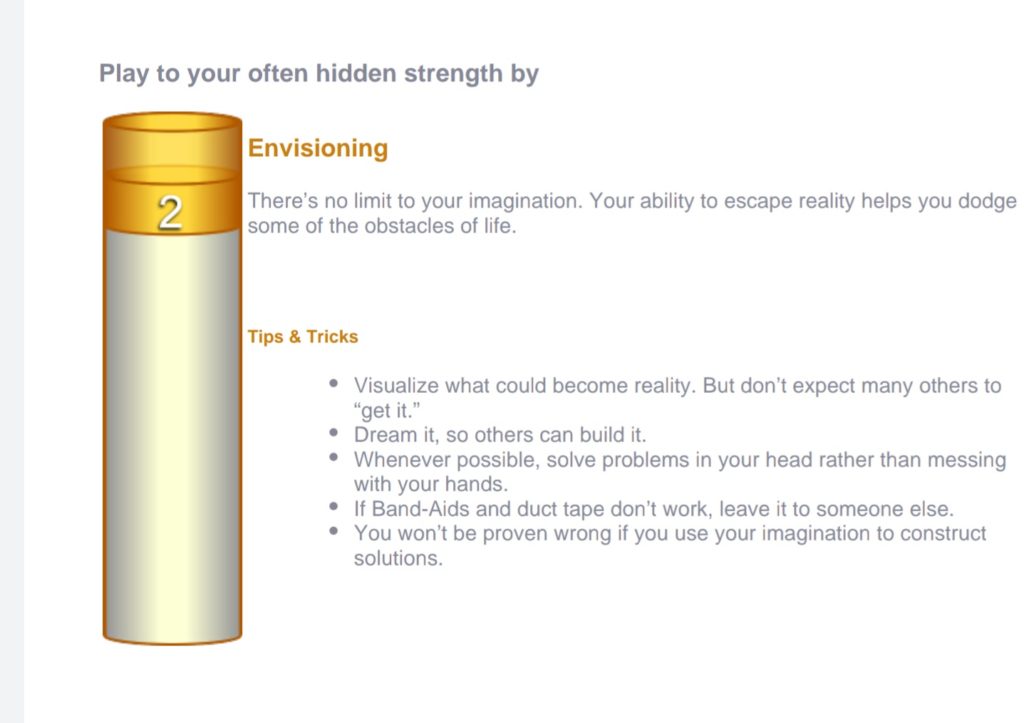
Gail explains that the Kolbe Index looks at the “conative” part of the mind rather than the affective or cognitive part.
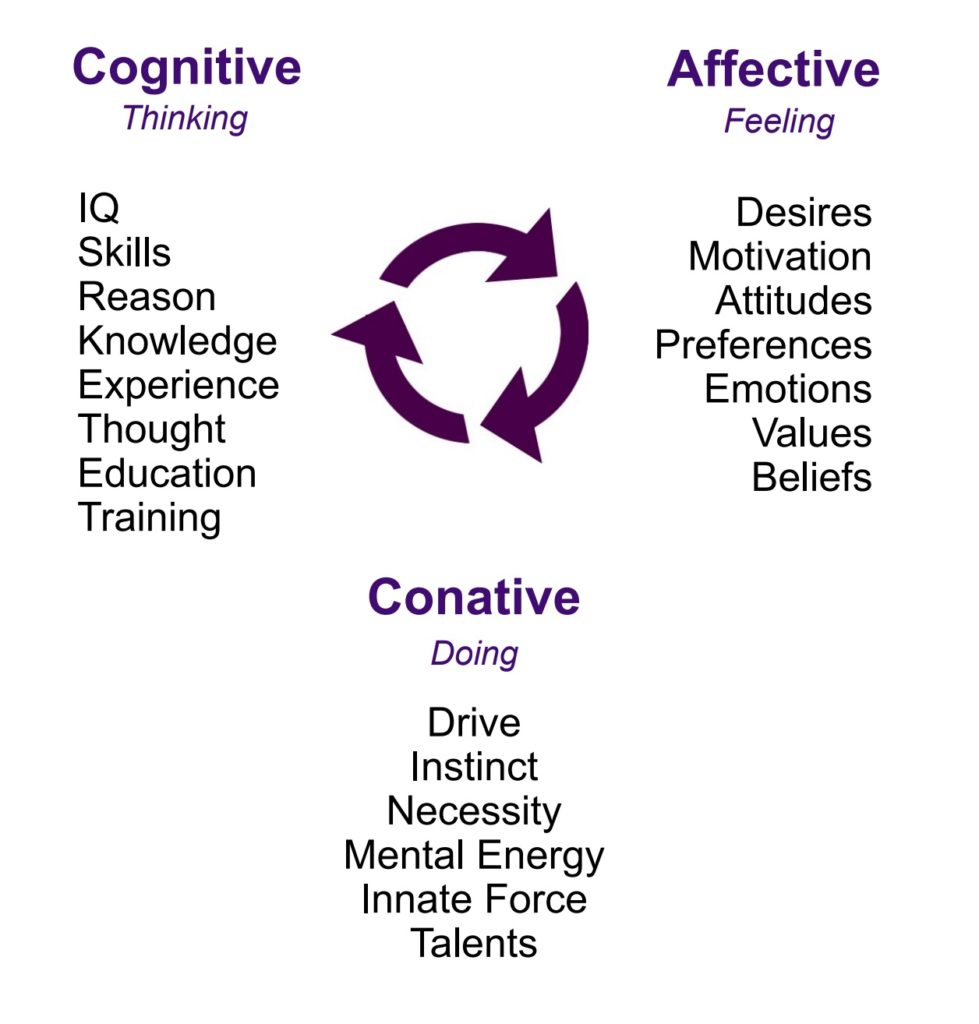
Since the Kolbe Index can tell you where your child spends most of their energy, this can help you understand what they need to be doing and can help pick a good career for them.
Write in or leave a comment: What are your scores on the Kolbe Index? How do you think it compares to Myers-Briggs?
